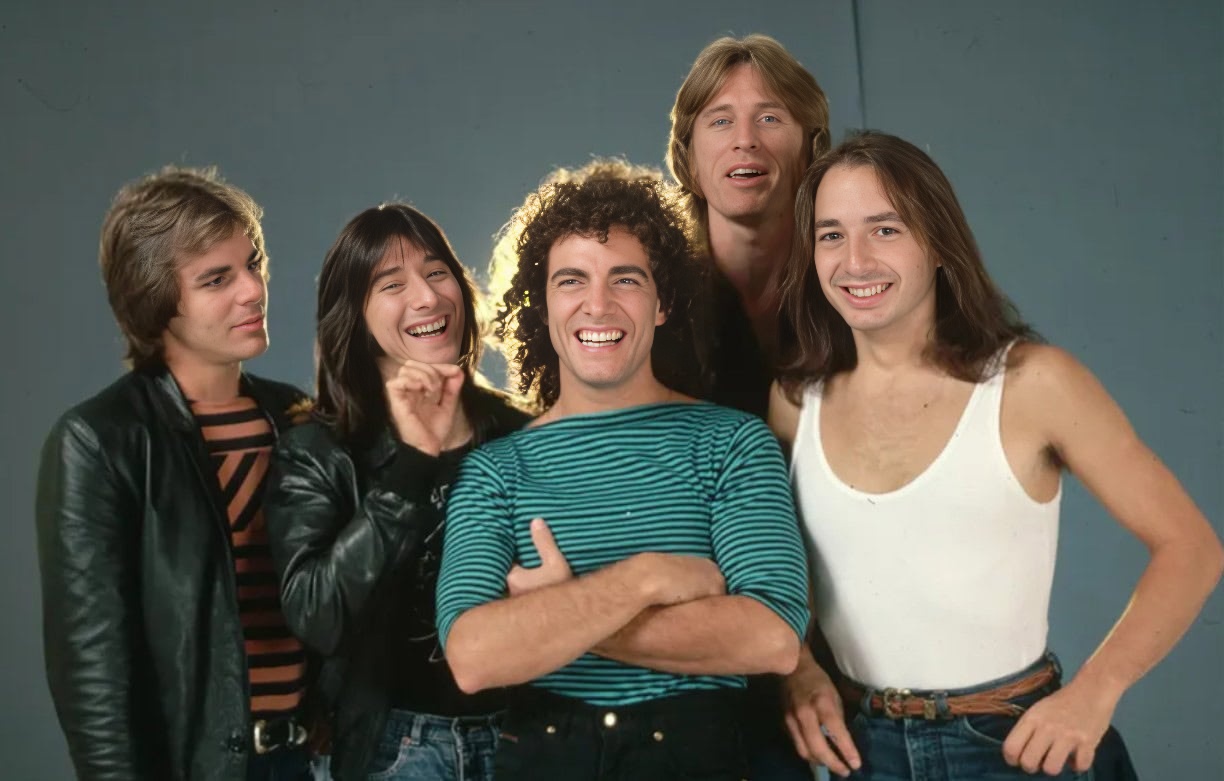
“Don’t Stop Believin’,” released in 1981 by the American rock band Journey, is more than just a song; it’s a cultural anthem. Journey, formed in 1973 in San Francisco, rose to prominence with their arena rock sound, blending soaring vocals, intricate musicianship, and anthemic choruses. Throughout their career, they’ve earned multiple platinum albums and numerous chart-topping singles, solidifying their place in rock history. While “Don’t Stop Believin'” wasn’t an immediate chart smash, initially peaking at number 9 on the Billboard Hot 100, its enduring appeal has cemented its legendary status.
The song’s seemingly simple lyrics, painting a picture of ordinary people chasing their dreams in a bustling city, resonate deeply. It’s an ode to perseverance, hope, and the belief in oneself, regardless of the obstacles faced. The “midnight train going anywhere” symbolizes opportunity and the potential for a brighter future, themes universally understood and embraced. While interpretations vary, many view the song as a celebration of the underdog, encouraging listeners to never give up on their aspirations, no matter how improbable they may seem.
“Don’t Stop Believin'” has experienced a remarkable resurgence in popularity over the years, fueled by its use in film and television, most notably in the finale of “The Sopranos” and the hit TV show “Glee.” This exposure introduced the song to new generations, further amplifying its impact. The audience response has been overwhelmingly positive, with the song becoming a staple at sporting events, karaoke nights, and graduation ceremonies. It’s a unifying force, bringing people together in moments of shared hope and unwavering optimism. The sheer longevity and continued relevance of “Don’t Stop Believin'” stand as a testament to its powerful message and timeless appeal.